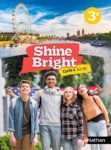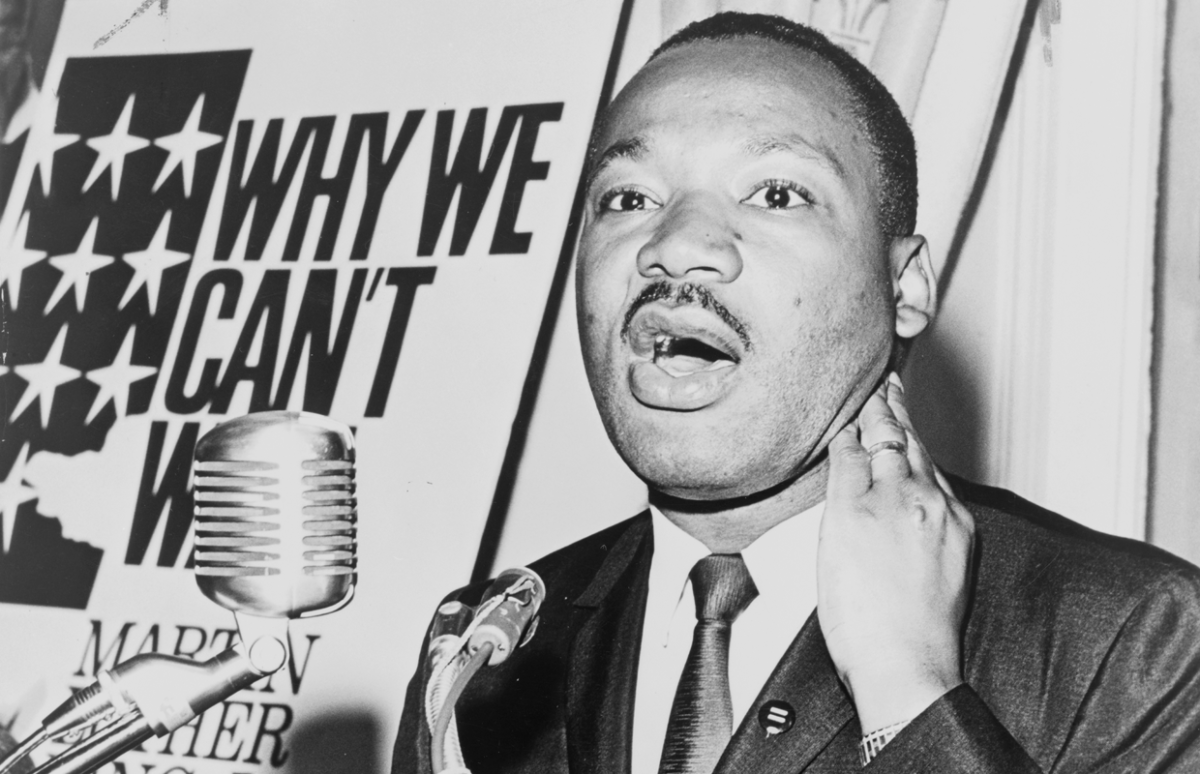Dr Martin Luther King, Jr was awarded the Nobel Peace Prize in 1964 for his leadership of the African American civil-rights movement. The Nobel committee has published a series of videos and a lesson plan for using them in class. Perfect for Martin Luther King Day, 17 January this year.
You can download the lesson plan from the Nobel site and the videos are in a Youtube playlist.
The lesson is designed for native speakers studying history and social science subjects but there is plenty in the materials that is usable for language classes at different levels. The videoprojectable slideshow has simple information and images, although the questions are too sophisticated for language students. The "speaker's manuscript" PDF that accompanies it fleshes out the slides a bit more and is a good history lesson you can pick and choose from according to your pupils' level and your lesson objectives.
There are seven videos, mostly 4-5 minutes long.
The first covers MLK's childhood and formative years, including segregation and Jim Crow laws. The parts with voiceover and archive images could be used from A2. The interviews with civil-rights campaigners of the time are more difficult, but even for lower-level students, it's good for them to see real people embodying history. Just don't insist on detailed comprehension.
The second video has a segment on the Montgomery Bus Boycott and interviews with one of the Little Rock Nine, the students who integrated Little Rock High School in 1957.
The third video focuses on the 1963 March on Washington, with a snippet of the "I Have a Dream" speech, the 1964 Civil Rights Act and the Selma-Montgomery march, and the 1965 Voting Rights Act.
The fourth video is centred on King's Nobel prize.
The fifth video discusses King speaking out on more international issues after the Nobel prize, for example the Vietnam War, and the beginning of resistance in the African American community to non-violent action, with some excerpts of Stokely Carmichael, who founded the Black Power movement.
The sixth video covers MLK's fight against poverty with the Poor People's Campaign, his assassination, and the "I've been to the Mountaintop" speech he gave the day before.
The final video is a short excerpt of MLK's Nobel acceptance speech.
 As well as Shine Bright 3e File 6 Move on up, you could link this with Shine Bright 2e File 19 Breaking the chains, or Shine Bright AMC File 5 Black Lives Matter.
As well as Shine Bright 3e File 6 Move on up, you could link this with Shine Bright 2e File 19 Breaking the chains, or Shine Bright AMC File 5 Black Lives Matter.
Copyright(s) :
Library of Congress
> Little Rock School Integration, 1957
> Montgomery Bus Boycott: A Victory for Civil Rights
> Josephine Baker Enters the Panthéon
> Happy Birthday, MLK!
> Civil Rights: The Montgomery Bus Boycott
> Martin Luther King Slideshow
Tag(s) : "civil rights" "Give Me Five 4e" "holidays" "Martin Luther King" "MLK" "MLK day" "Nobel prize" "non-violence" "Shine bright 2e" "Shine bright 3e" "teaching resources" "video"





